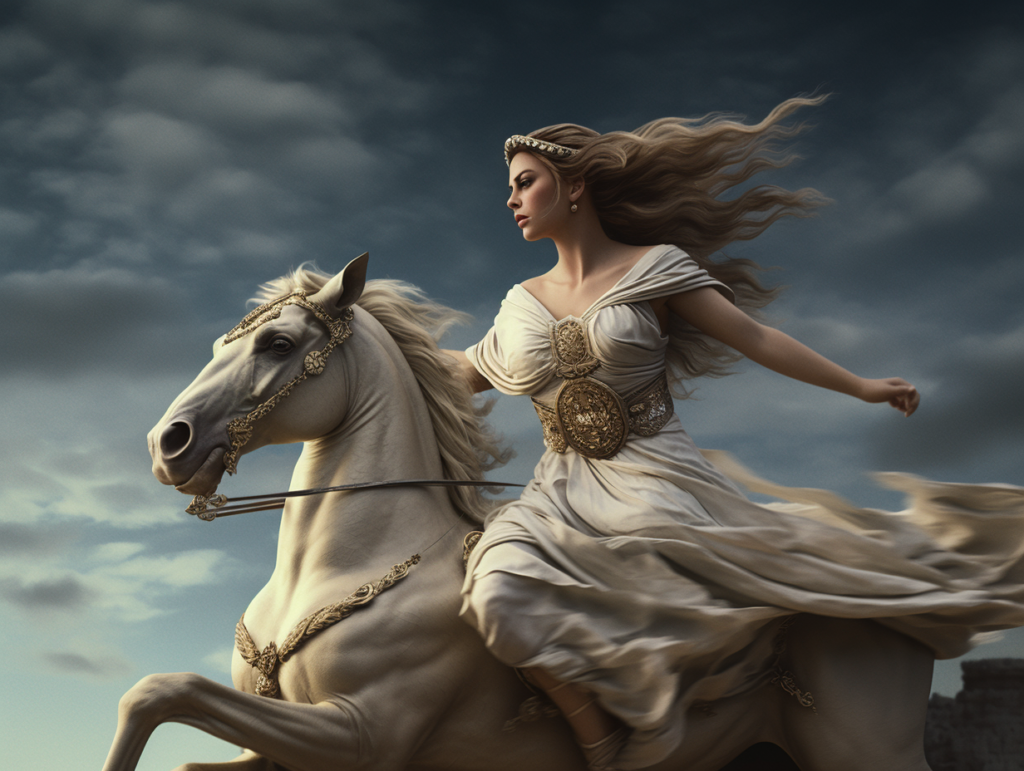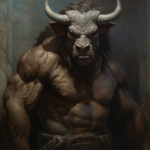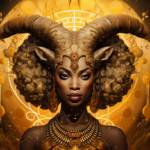Greek mythology is a treasure trove of captivating stories, each weaving intricate tales of gods, goddesses, heroes, and mortals. Among these tales, the story of Myrrha stands out as a compelling narrative of transformation, exploring the depths of human desires, consequences, and the enduring power of nature.
In this blog post, we will delve into the captivating myth of Myrrha, tracing her journey from a mortal woman to a myrrh tree, and unraveling the timeless themes that make this myth a source of fascination for generations.
The Tragic Protagonist
Myrrha’s story begins with her as a beautiful mortal woman, known far and wide for her unmatched beauty. However, beneath her outward charm lies a profound tragedy: an overwhelming and forbidden love for her own father, King Cinyras of Cyprus. This illicit desire serves as the catalyst for the series of events that unfold throughout the myth.
Myrrha: A Forbidden Love
The story of Myrrha, also known as Smyrna, originates from Ovid’s “Metamorphoses” and has roots in various other ancient texts. At its heart, it is a story of forbidden love, passion, and transformation.
Myrrha was a young woman of unsurpassed beauty, but she bore a tragic curse – an insatiable and illicit love for her own father, King Cinyras of Cyprus. This forbidden desire consumed her, leading to a series of events that would change her life forever.
Forbidden Love and Desperation
Myrrha’s love for her father is the core conflict of the story, one that resonates with readers due to its universal theme of forbidden desires. It highlights the human capacity for complex and often contradictory emotions, and the lengths to which one might go to fulfill their desires, even when they are morally reprehensible.
As Myrrha’s unrequited love grows unbearable, she turns to a nursemaid for help, a decision that ultimately leads her down a path of deception and despair.
The Transformation Begins
Unable to bear the weight of her unrequited love, Myrrha sought the help of a nursemaid who provided her with a daring solution: to disguise herself and spend a night with her father. Myrrha reluctantly agreed, and the fateful night came to pass.
A Drastic Transformation
The turning point of Myrrha’s story arrives when she disguises herself and shares a fateful night with her father in the darkness, both unaware of the other’s true identity. When King Cinyras discovers the truth, his reaction is one of shock and horror, while Myrrha is consumed by guilt and shame. Her reaction is to flee into the wilderness.
It’s at this juncture that the gods intervene, answering her desperate pleas for mercy. Their response is a transformation that takes the story into the realm of the fantastical. Myrrha is metamorphosed into a myrrh tree, and from her tears, which flow as resin from the tree’s bark, the precious substance myrrh is said to have originated.
Divine Intervention
As Myrrha ran aimlessly through the wilderness, consumed by despair, she called upon the gods for mercy. Moved by her plight, the gods took pity on her and transformed her into a myrrh tree. From her tears, which fell as resin from the tree’s bark, the precious substance myrrh was said to have been born.
Themes of Transformation and Redemption
The myth of Myrrha carries with it several enduring themes that continue to resonate with audiences today:
- Forbidden Love: Myrrha’s story explores the consequences of forbidden desires and the moral dilemmas that arise from them. It serves as a cautionary tale about the destructive power of unchecked passions.
- Transformation: Myrrha’s transformation from a mortal woman into a myrrh tree is a symbol of metamorphosis and rebirth. It highlights the cyclical nature of life, death, and renewal.
- Divine Intervention: The involvement of the gods in Myrrha’s fate raises questions about divine justice, mercy, and the interplay between mortal actions and divine intervention.
- Nature’s Resilience: Myrrha’s transformation into a myrrh tree emphasizes the resilience and adaptability of nature. It symbolizes the enduring presence of life even in the face of adversity.
Conclusion
The myth of Myrrha in Greek mythology is a timeless narrative that explores the complexities of human emotions, the consequences of our actions, and the enduring power of nature. Through its themes of forbidden love, transformation, divine intervention, and the resilience of nature, this myth continues to captivate and inspire readers, reminding us of the enduring relevance of ancient tales in our modern world. Myrrha’s story is a testament to the enduring power of storytelling and its ability to transcend time and culture.







